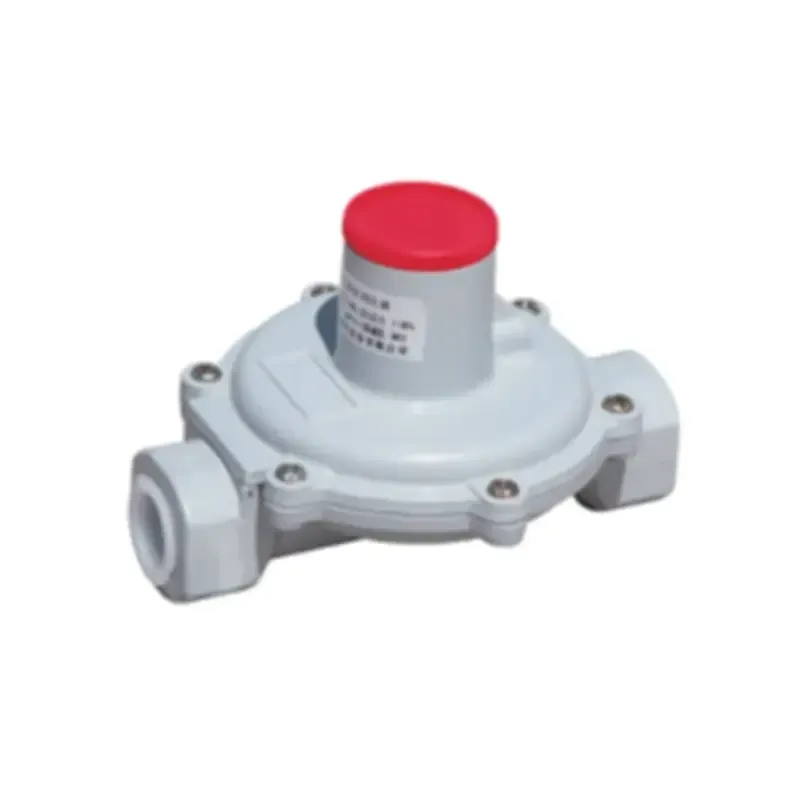
Dec . 04, 2024 16:34
Back to list
Choosing the Right Electric Heater for Your Home in Winter
The Rise of Electric Heaters A Modern Solution for Comfort and Efficiency
With the changing climate and the pursuit of more energy-efficient home heating solutions, electric heaters have become increasingly popular for residential and commercial spaces alike. The versatility and effectiveness of electric heating systems make them a staple choice in modern living. This article explores various types of electric heaters, their benefits, and considerations for choosing the right one for your needs.
Understanding Electric Heaters
Electric heaters operate by converting electrical energy into heat. They come in various forms, including convection heaters, radiant heaters, and fan heaters. Each type has its unique features, making them suitable for different needs and spaces
1. Convection Heaters These heaters warm the air in the room by circulating it, creating a comfortable environment. They are an excellent choice for heating larger areas over an extended period. 2. Radiant Heaters These models emit infrared radiation to directly warm objects and people in their vicinity without needing to heat the air first. They are efficient for targeted heating and are often used in smaller spaces.
3. Fan Heaters By using a fan to blow heated air into the room, these heaters can quickly raise the temperature of a space. They are particularly beneficial in situations where immediate warmth is required.
Advantages of Electric Heaters
The growing popularity of electric heaters can be attributed to several key advantages
- Efficiency Electric heaters convert nearly all the electricity into heat, resulting in minimal energy waste. This efficiency can lead to lower energy bills, especially in smaller spaces.
- Environmentally Friendly When powered by renewable energy sources, electric heating can significantly reduce a household's carbon footprint
. Many users, mindful of their environmental impact, find electric heaters an appealing option.- Ease of Use Electric heaters are typically easy to install and use. Most models simply require plugging into an outlet, making them accessible solutions for temporary or permanent heating needs.
electric heaters

- Portability Many electric heaters are lightweight and portable, allowing users to move them from room to room as needed. This flexibility is especially beneficial for individuals living in rental properties or those who require additional heating in specific areas.
- Safety Features Modern electric heaters come with built-in safety features, such as overheat protection and tip-over switches, reducing the risk of accidents. These features make electric heaters a safer alternative to traditional heating methods like gas or wood-burning heaters.
Considerations for Choosing an Electric Heater
While electric heaters offer numerous benefits, it’s crucial to consider your specific needs and circumstances before making a purchase. Here are a few factors to keep in mind
- Room Size The size of the space you intend to heat will influence the type of heater you require. Larger rooms may necessitate convection heaters with higher wattage, while smaller spaces could benefit from portable radiant heaters.
- Heating Style Consider your preferred heating style. If you want immediate warmth, a fan heater might be more suitable, whereas a convection heater is ideal for long-term heating.
- Energy Source Ensure that your electricity supply aligns with the requirements of the heater. If you live in an area with frequent power outages, it may be prudent to consider a backup heating source.
- Noise Level Some electric heaters, especially fan heaters, can be noisy when in operation. If you desire a quiet environment, look for models designed to operate quietly.
Conclusion
Electric heaters represent a modern approach to maintaining comfort within homes and workplaces. Their efficiency, ease of use, and environmental benefits make them an attractive choice for diverse heating needs. By understanding the various types of electric heaters and their respective advantages, consumers can make informed decisions to enhance their living spaces while contributing to a sustainable future. As technology continues to advance, we can anticipate even more innovative and efficient heating solutions to emerge in the market.
Latest news
-
Safety Valve Spring-Loaded Design Overpressure ProtectionNewsJul.25,2025
-
Precision Voltage Regulator AC5 Accuracy Grade PerformanceNewsJul.25,2025
-
Natural Gas Pressure Regulating Skid Industrial Pipeline ApplicationsNewsJul.25,2025
-
Natural Gas Filter Stainless Steel Mesh Element DesignNewsJul.25,2025
-
Gas Pressure Regulator Valve Direct-Acting Spring-Loaded DesignNewsJul.25,2025
-
Decompression Equipment Multi-Stage Heat Exchange System DesignNewsJul.25,2025

